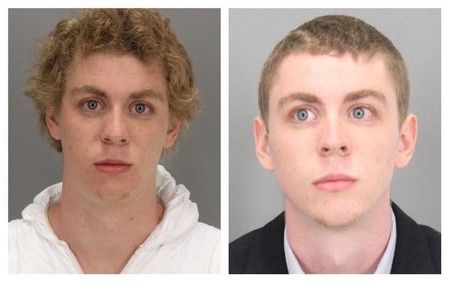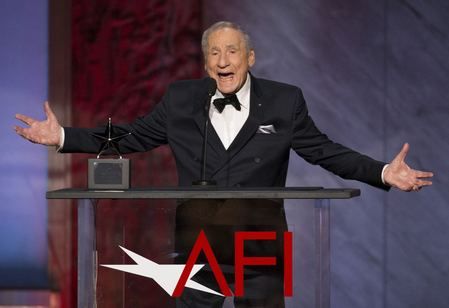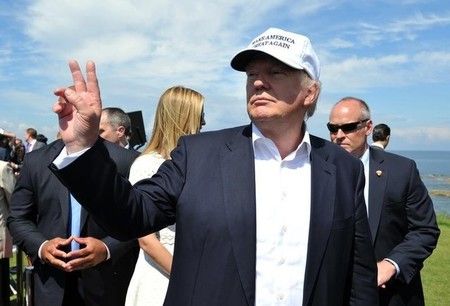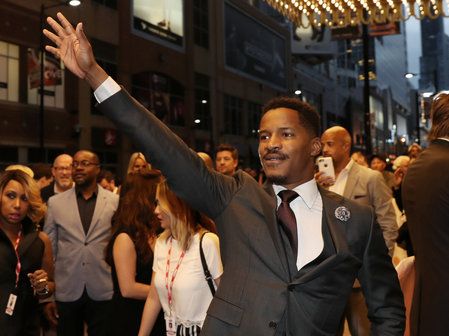Advertisement
Supreme Court’s Alito sells oil company shares, documents show

By Lawrence Hurley
WASHINGTON (Reuters) – U.S. Supreme Court Justice Samuel Alito sold his shares in Exxon Mobil Corp <XOM.N> worth up to $250,000 that had prompted him to step aside from cases involving the oil company, financial disclosure forms released on Wednesday showed.
Justice Clarence Thomas received a bronze bust of 19th century slavery abolitionist and writer Frederick Douglass from a wealthy Dallas real estate developer, and other justices took expensive overseas trips during 2015, the documents stated.
Justices periodically recuse themselves from cases in which they might have a financial conflict of interest, such as when they own shares in a company involved in a case before the court.
Alito recused himself from a 2008 case in which the court cut the punitive damages imposed against Exxon Mobil for the 1989 Exxon Valdez oil tanker spill off Alaska from $2.5 billion to about $500 million.
In the court’s current term, Alito recused himself in an electricity markets regulation case, likely due to his ownership of shares in auto parts maker Johnson Controls Inc, which was involved in the dispute.
Alito also stepped aside in a Puerto Rico debt-restructuring law case because of his investments in funds with assets in Puerto Rico municipal bonds.
The bronze Douglass bust, estimated to be worth $6,500, was given to Thomas by businessman Harlan Crow, a contributor to conservative causes and a friend of the justice.
Justice Elena Kagan also received an expensive gift: a signed copy of a book by one of her predecessors on the court, Justice Felix Frankfurter, who died in 1965. It was given to her by the University of Chicago Law School, where she once worked.
The documents showed that Alito, Chief Justice John Roberts and Justice Stephen Breyer continue to hold stocks in various companies. Alito also sold stocks in Target Corp and Sysco Corp, among others. Breyer sold Johnson Controls Inc and some of his IBM Corp shares.
The forms provide indications as to why justices recused themselves in certain cases. Breyer, for example, did not participate in a patent case involving Cisco Systems Inc, presumably because he owns shares in the company.
Roberts’ form showed he had not sold shares in Microsoft Corp worth between $250,000 and $500,000 by the end of 2015. In January, he participated when the court agreed to hear a class action case involving the company, suggesting he has since sold those shares.
Breyer, whose latest book was published last year, earned just over $120,000 via book royalties and a payment from his publisher.
(Reporting by Lawrence Hurley; Editing by Will Dunham)












